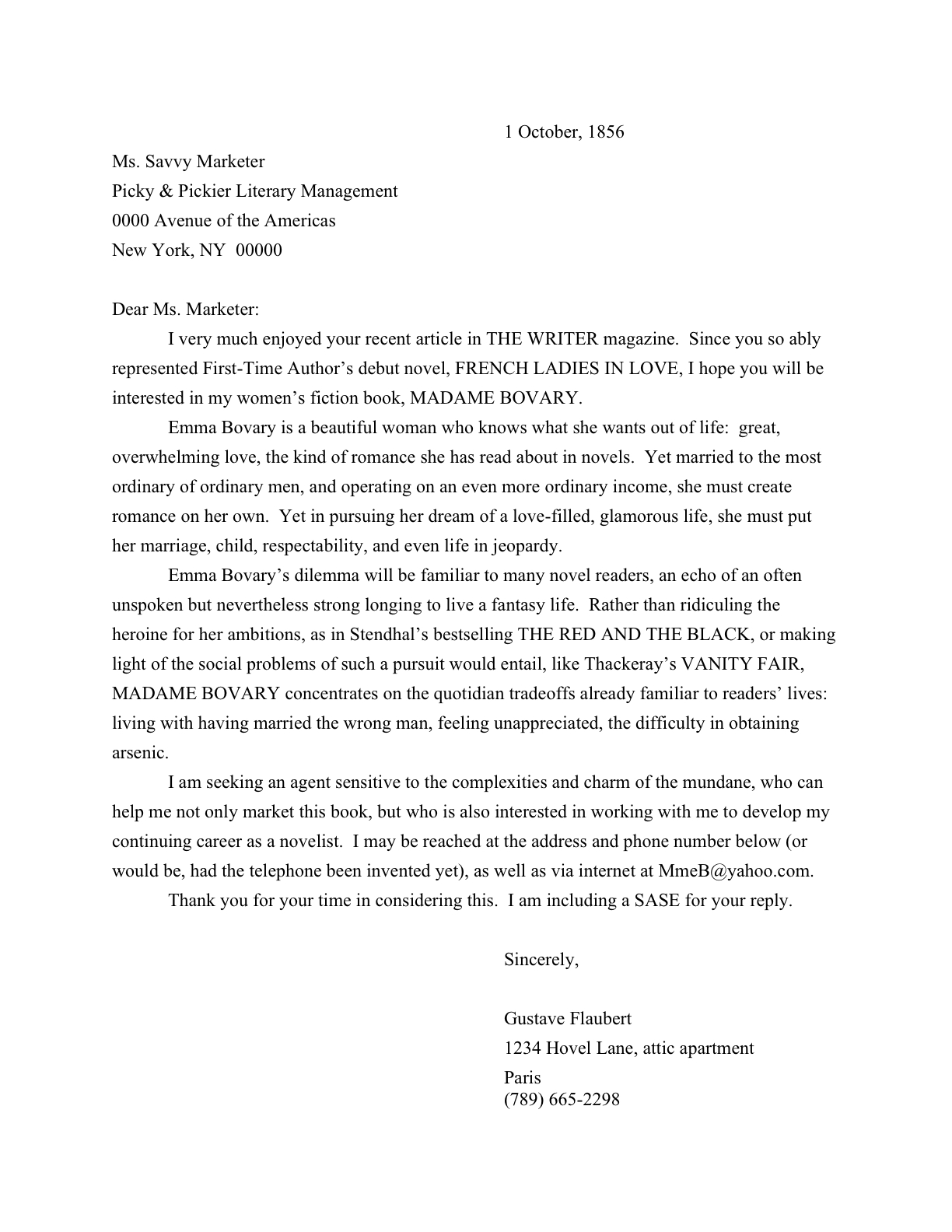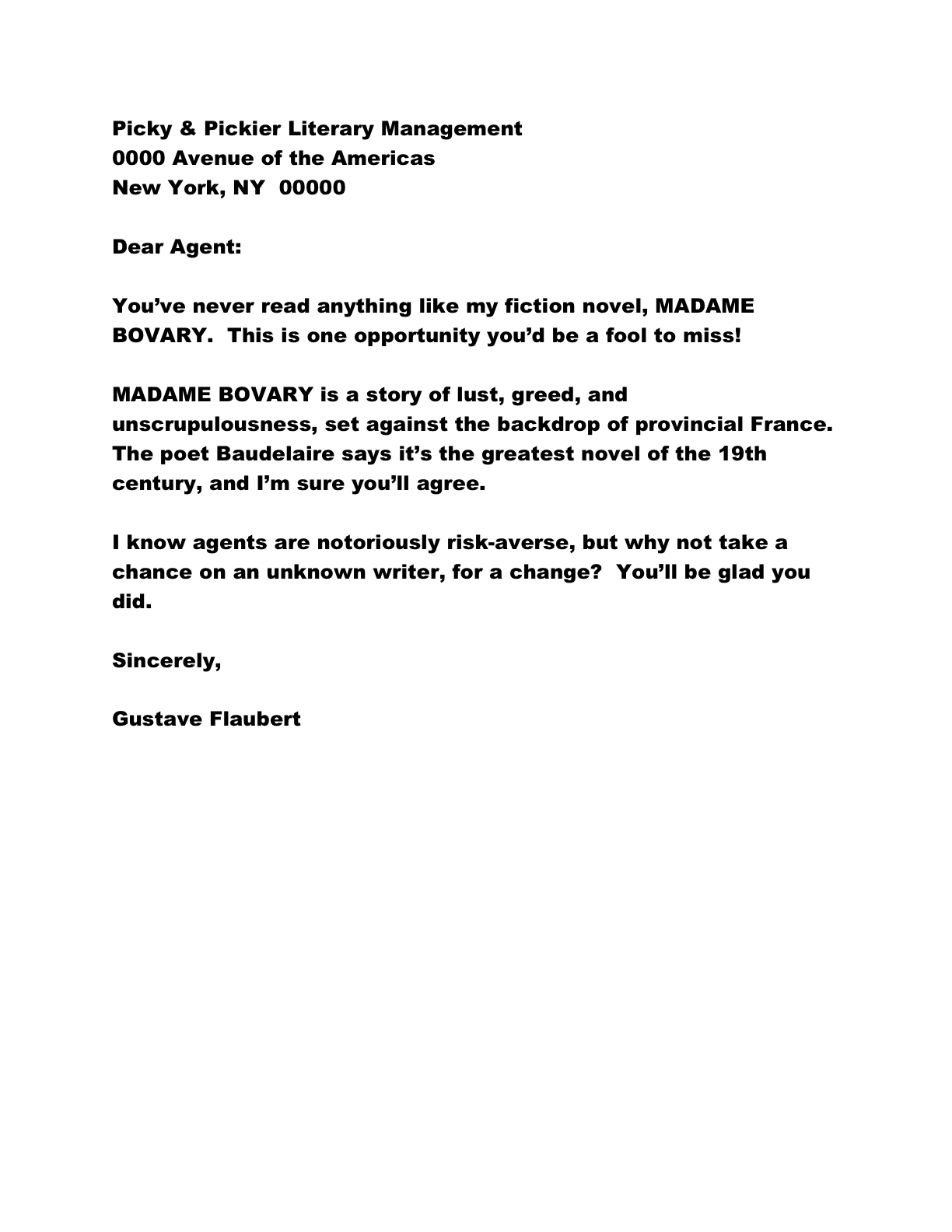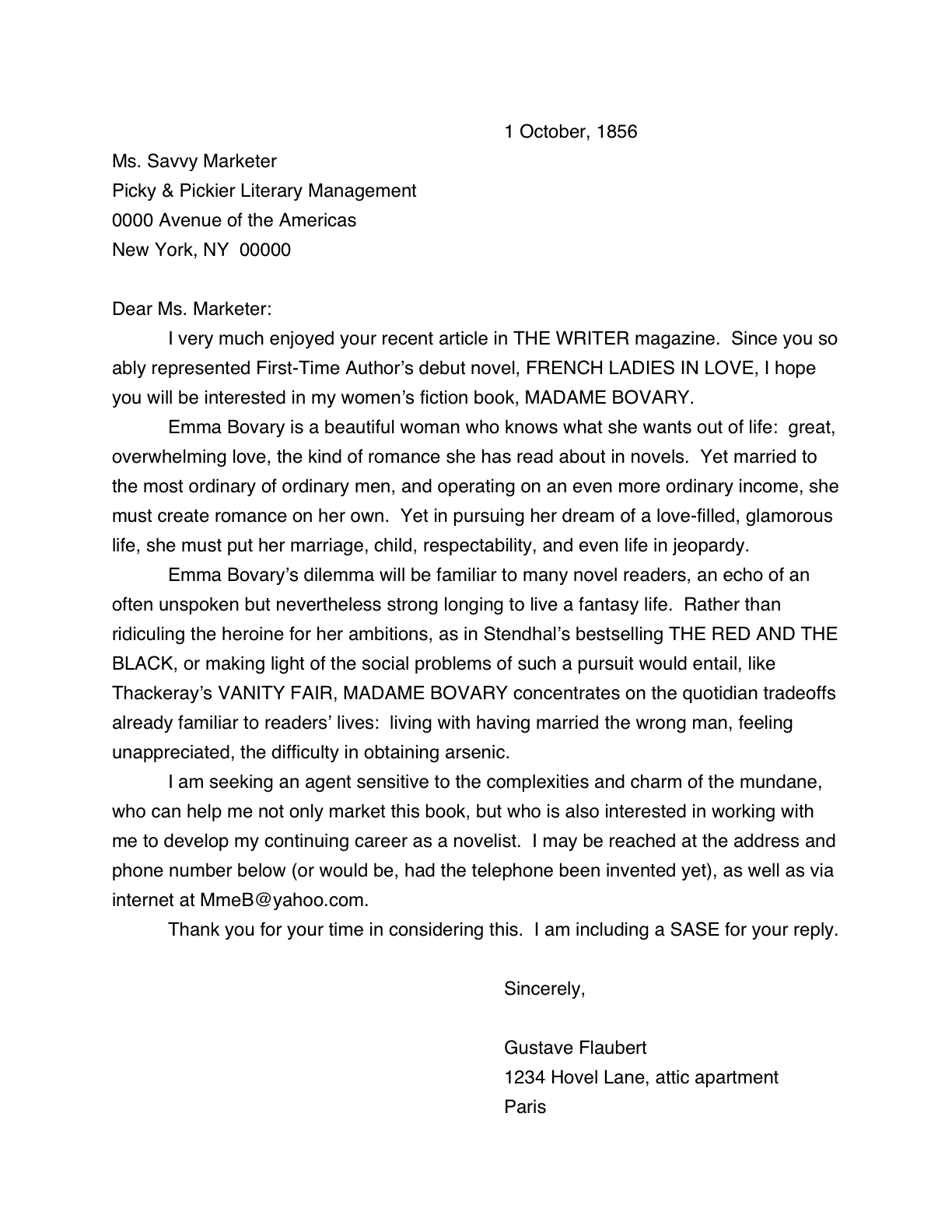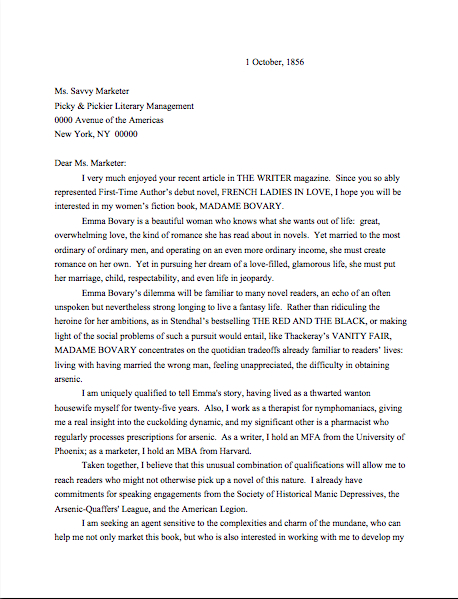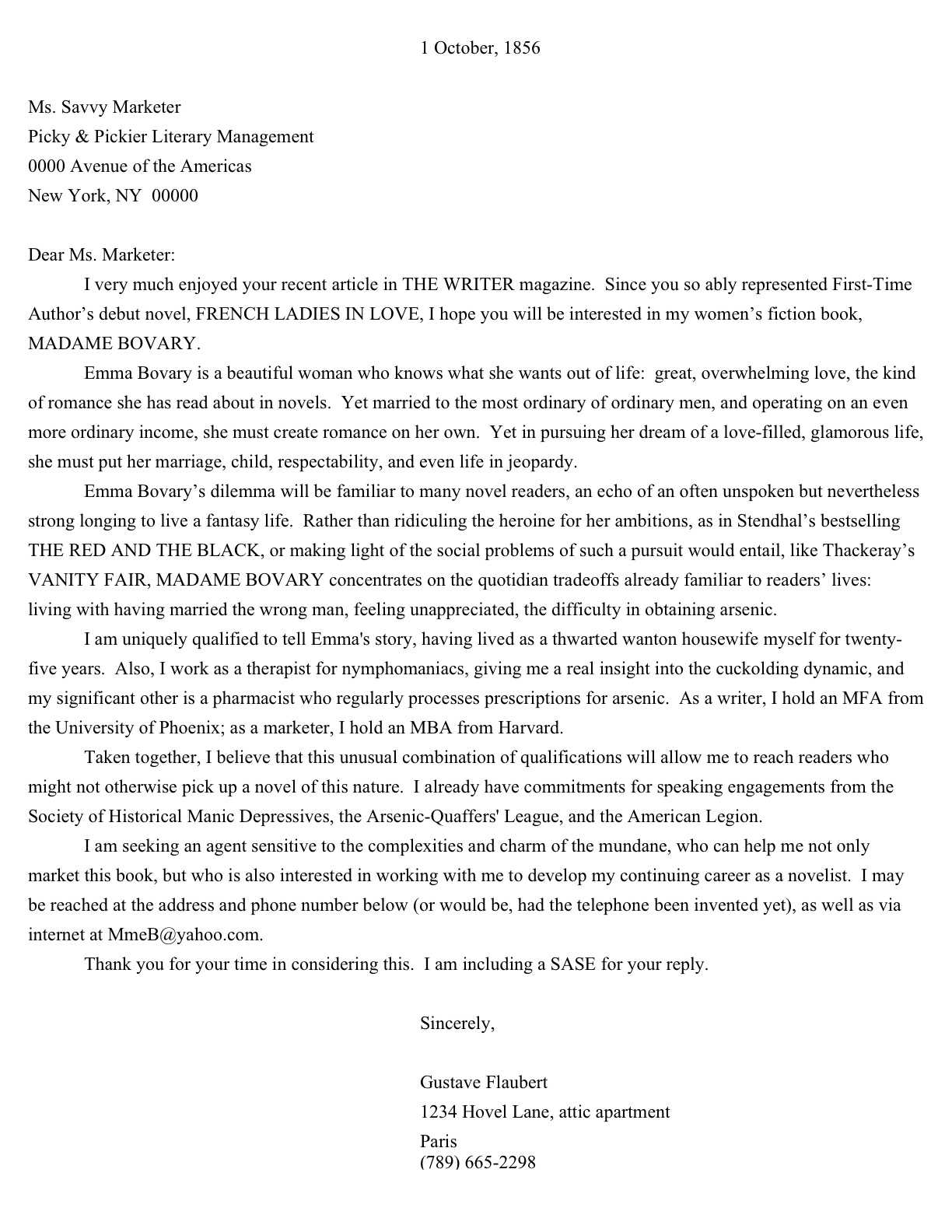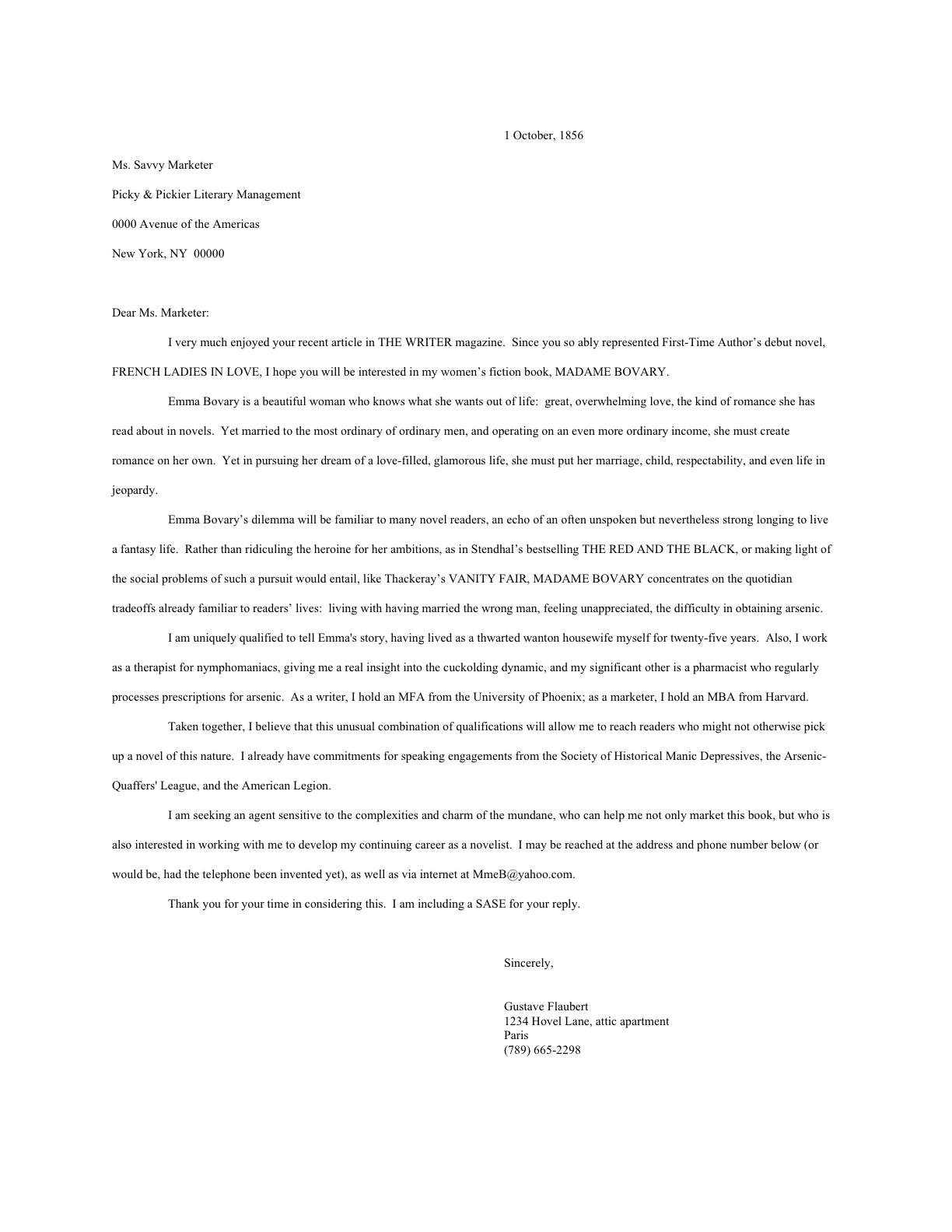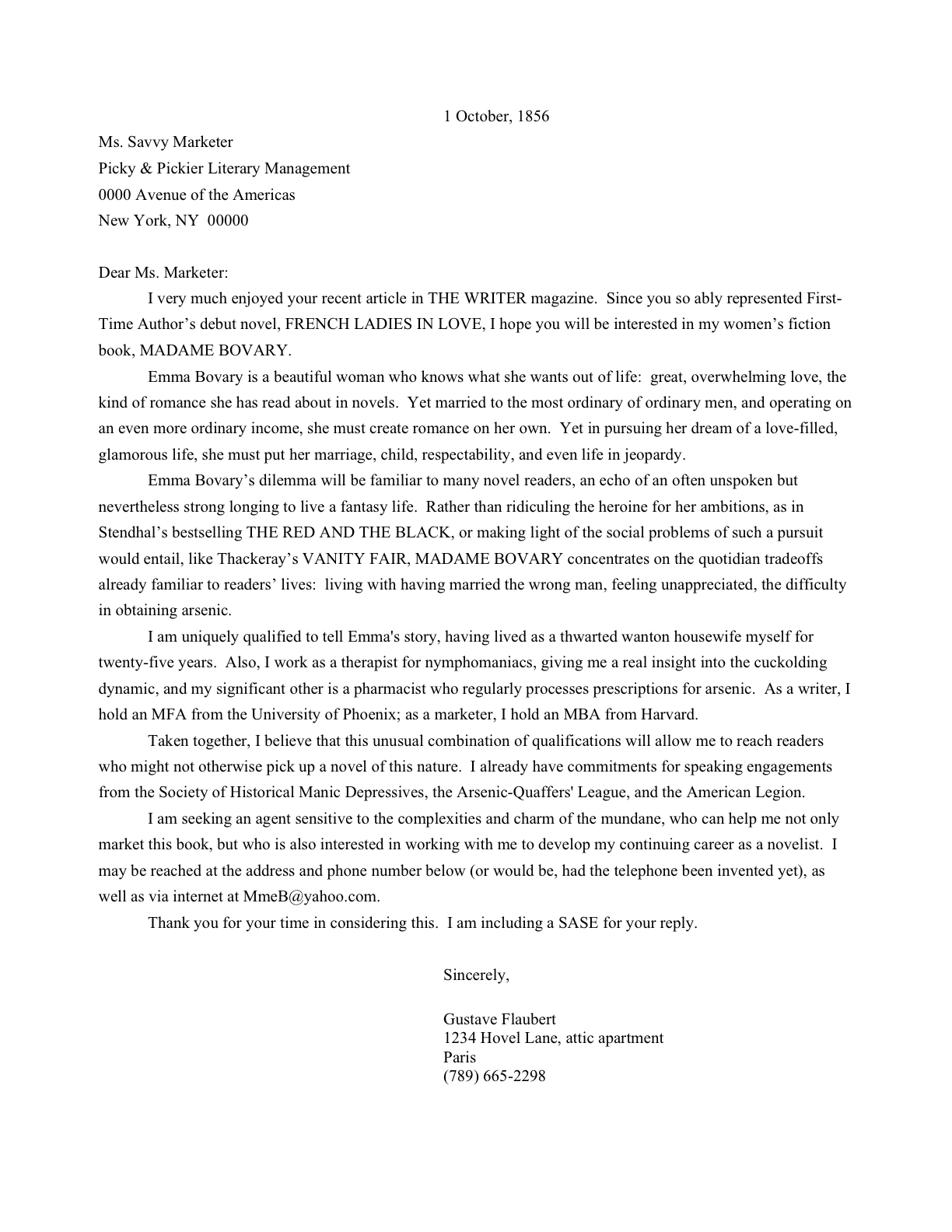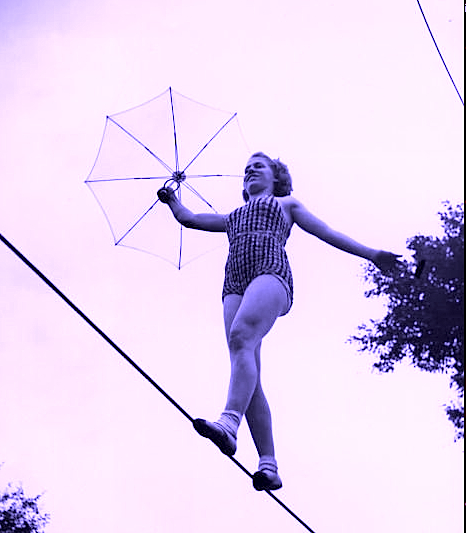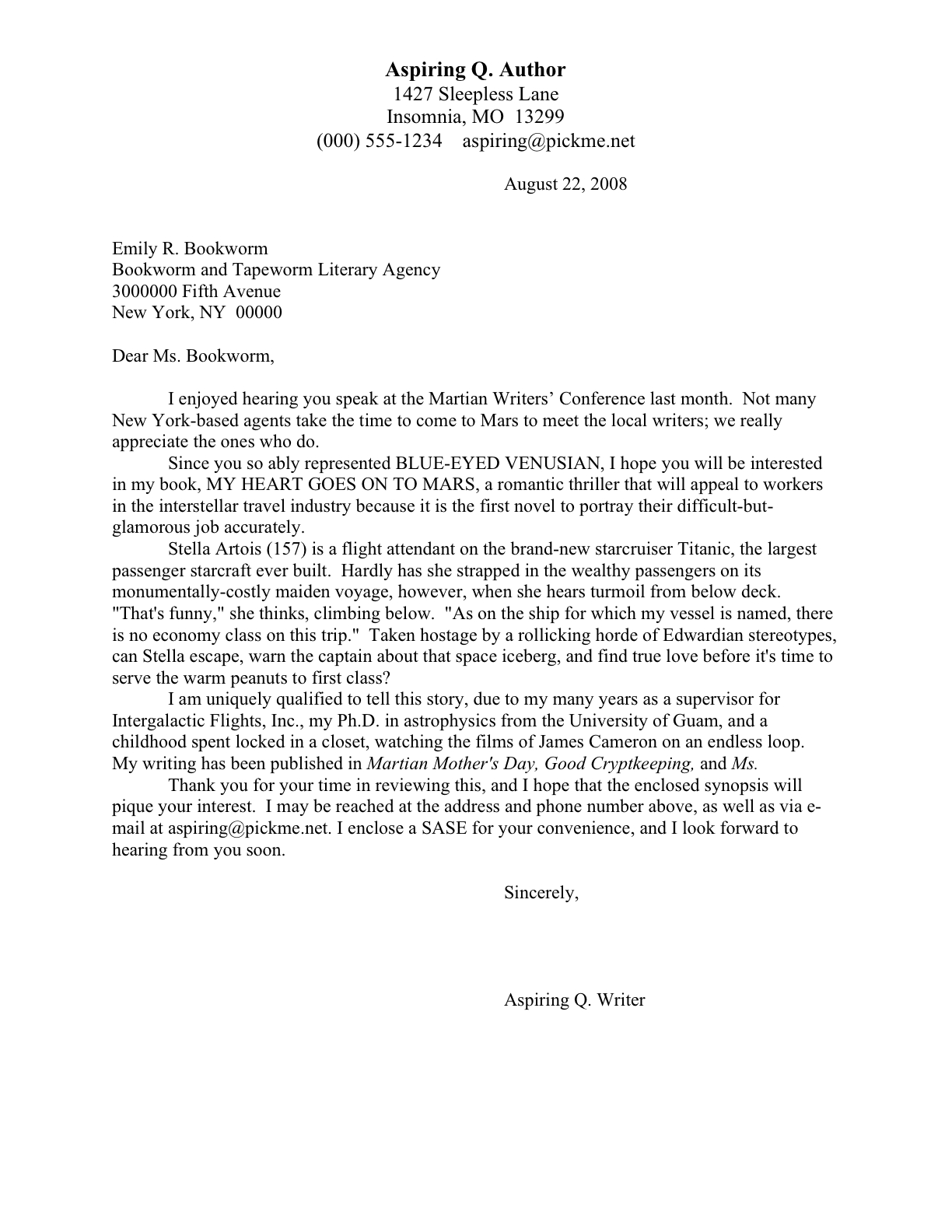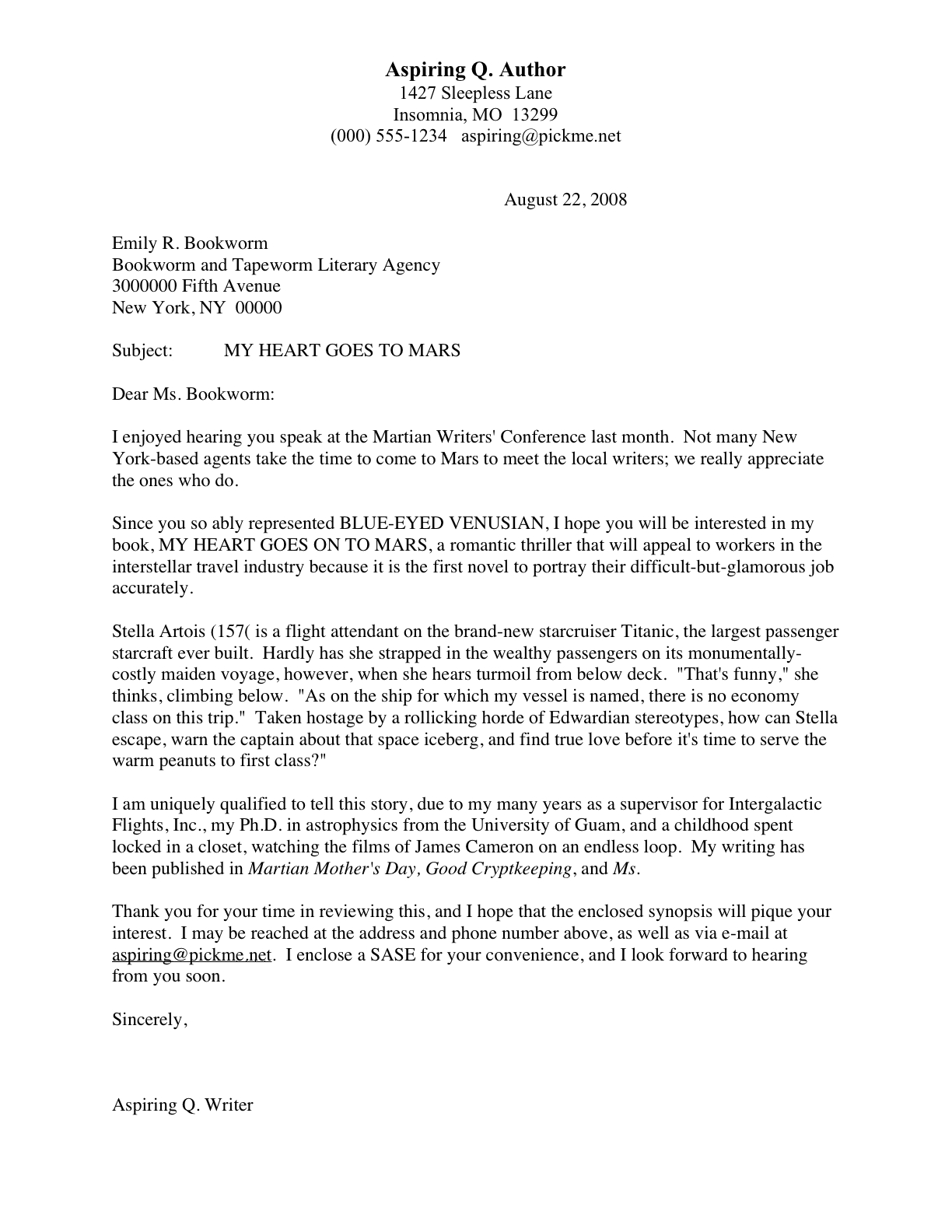Yesterday, in the midst of a discussion about how to banish annoyance about having to summarize your beautifully complex plotline or subtly nuanced argument in just a few pages from your synopsis — because nothing, but nothing, frames writerly resentment about practicalities better than a synopsis, unless it’s a query letter or pitch — I suggested working out your (completely legitimate) aggressions in other, more constructive manners.
Like screaming at your imaginary friend or jousting with the end of your couch. Try christening a particularly unattractive throw pillow Millicent and giving it to your favorite dog to worry; pull up a chair, grab some popcorn, and enjoy the show.
I don’t mean any of this humorously. (Okay, so I don’t mean it only humorously.) The agent-seeking process and road to publication genuinely frustrating, even for the lucky few for whom it is speedy. Don’t keep it inside, festering in your guts.
But for heaven’s sake, don’t loose it on an agent or editor until after you’ve signed a contract with ’em. Ideally, not even then.
Instead, show that you are professional enough to approach the synopsis as a marketing necessity it is — and that you understand agents’ and editors’ time constraints by getting to your point as rapidly as possible.
Here’s a novel thought on how to do that: what if you crafted the first paragraph of your synopsis as carefully as the first paragraph of your book? Not merely by including a hook, that much-recommended-by-English-comp-teachers-everywhere grabber of an initial sentence intended to suck the reader directly into the story of a novel or memoir, but by presenting a vivid impression of your fascinating protagonist in a situation rife with conflict, bolstered by juicy and unusual details that appeal to one or more of the reader’s visceral senses?
Or, for a NF book that isn’t a memoir, how about opening with a blazingly interesting anecdote that illustrates the vital impact of your subject matter upon real life, told in similarly rich detail?
It’s just a suggestion. I can tell you from long experience, though, that it’s just a good a way to grab Millicent’s attention in a synopsis as it is to wow a contest judge in an entry. Acting fast, literarily speaking, is great strategy when dealing with super-fast readers.
Speed of probable reading should never be far from a savvy synopsis-writer’s mind. Why? Well, agents do NOT ask writers for synopses because they are too lazy to read entire books or because they cherish a secret antipathy for literature: they ask for synopses because they receive so many submissions that, even with the best of wills, they could never possibly read them all.
Sorry. If I ran the universe, not only would manuscripts be judged purely upon the quality of their writing by book-loving souls who would read every submission in full, but there would be free merry-go-rounds in every schoolyard, college tuition would cost nothing, lions and tigers would want nothing more than to cuddle up to humans and purr — and my schedule would permit me to post before the wee hours of the morning on a more regular basis.
However, as a glance at the clock clearly tells me, I do not, in fact, run the universe. Unfortunate.
Let me approach this diamond-hard truth — the one about from a slightly different angle, because understanding this complex phenomenon is vitally important to a writer’s mental health and happiness during the querying and submission stages: in order to get picked up, a submission not only needs to strike an agent (and, at a big agency, her screeners) as both wonderful and marketable — it needs to do so QUICKLY.
Why, I hear you shout in the general direction of the heavens? The sheer volume of manuscripts from which they have to select the handful they will represent. As a direct result of the imperative to narrow down the competition as early in the game as possible, most submissions are — are those of you new to this blog sitting down? — rejected on the first page, most query letters within the first paragraph, and most synopses within the first two.
Aren’t you glad you sat down first?
The synopsis, then, is one of your few chances to make your work jump up and down and scream: “Me! Me! I’m the one out of 10,000 that you actually want to read, the one written by an author who is willing to work with you, instead of sulking over the way the industry runs!”
Mind you, I’m not saying that you SHOULDN’T sulk over the often arbitrary and unfair way the industry runs: actually, it would be merely Pollyannaish NOT to do that from time to time. Vent as often as you please.
But it simply is not prudent to vent anywhere near an agent or editor whom you want to take on your work — and certainly not in the tone of the synopsis. The synopsis’ tone should match the book’s, and unless you happen to be writing about deeply resentful characters, it’s just not appropriate to sound clipped and disgruntled.
Actually, you might want to avoid it even if your characters are deeply resentful, because Millicent and her cronies see so many synopses written in that particular tone. Cleaving to it, even if it’s genuinely representative of the book’s voice, may well render it harder for your submission to get noticed as unique.
It’s human nature, I’m afraid, for past experience to color one’s perception of the new. In Millicent’s case, the foibles of last 150 synopses she’s read — or 1500, or 15,000 — will almost certainly affect her assessment of the next one she reads.
I believe the colloquial term for this sort of reaction is knee-jerk.
Again, I’m sorry to have to report just how easy it is for a synopsis to trigger the rejection response. As I believe I have mentioned before, I don’t run the universe; I only write about it.
Because it is safe to assume that Millicent’s super-itchy finger will be on the rejection button for the entire time she’s reading your synopsis — perhaps even literally on the rejection button, if you have submitted it via e-mail; as I’ve mentioned often before, it’s significantly easier and faster to reject an e-mailed submission or query — you’re not only going to want to grab her attention quickly. You’re also going to want to make sure that the synopsis you send her serves precisely the purpose you wish.
Is this a good time to suggest that a synopsis that a writer might choose to send with a query letter actually serves a slightly different purpose than one that an agent asks one to send along with the first 50 pages or the entire manuscript?
Yes, I am about to suggest that you might want to come up with different versions to suit the different occasions. Take some nice, deep breaths, and that dizzy feeling will pass in a few seconds.
I’m going to try to make the differences as clear as humanly possible.
The Query Synopsis
Naturally, any synopsis is going to summarize the book’s contents, but the synopsis accompanying a query packet has to meet a few specialized criteria in order to be successful. If a query letter is a verbal hallway pitch, the synopsis destined to be tucked into a query envelope is the surrogate for the book itself, enabling you to lay out the plot at greater length than a paragraph in a query letter permits.
The primary purpose of a query synopsis, then, is to prompt the agent or editor to ask to see the first 50 pages — or, if you’re lucky, the entire manuscript, right?
Let me repeat that, because it’s important: the purpose of the query synopsis is to garner a request for pages, not to cause the agency screener to set it down with a sigh and say, “What a beautiful story. Now I don’t need to read the book.”
Remember how during the summer, I talked at length about how landing an agent and/or finding a publisher is about convincing them to fall in love? If the query letter is the personal ad, the query synopsis is the coffee date.
But let’s not kid ourselves here: its goal is seduction.
Which is why you’re going to want to include all of those juicy, original details early on — as with any good seduction, you’re going to want to make a great first impression that conveys an intriguing promise of untold glories to come. Make it clear what is fresh and different about this book from anything else they’re likely to read this year — or this decade, for that matter.
How are you going to pull that off? How is this for starters: make the book sound well-rounded and satisfying, providing enough detail to pique Millicent’s interest, but not so much that the screener begins to wonder if you’ve sent the synopsis or the first few pages of the book. When in doubt, stick to the strongest dramatic arc or argument in the book.
In other words, tell a good story, but don’t get bogged down in the details. For heaven’s sake, though, don’t be a tease; PLEASE don’t make the very common mistake of not explaining how the plot is resolved.
Yes, yes, I know — I brought this up earlier in this series, but leaving out the ending is such a common rookie synopsizer mistake that it bears revisiting. A synopsis is the place to show off what a clever plotter or argument-monger you are, not to tease with vague hint about what might happen.
To put it even more bluntly: this is not the time to conceal your favorite plot twist, as a delightful surprise for when the agent requests the entire book. Revealing it now will SUBSTANTIALLY increase the probability that the rest of the book will get read, in fact.
Why? Well, agents and editors tend not to be very fond of guessing games — or, as Millicent likes to call them, “those damned writer tricks that waste my time.”
So ending your synopsis on a cliffhanger on the theory that they will be DYING to read the rest of the book to find out how it all ends seldom works. Remember, agency screeners are suspicious people: if you don’t show how the plot works itself to a conclusion, they may well conclude that you just haven’t written the ending yet.
Next!
And realistically, there tends to be a fairly large time gap between when an agent or screener reads a query synopsis and when our Millicent can expect to be holding the manuscript in her hot little hands to find out what’s going to happen next. It’s not a profession that attracts the type of person who automatically skips to the last page of a murder mystery to find out who dunnit, after all.
Even if it did, trust me, anyone who is going to be reading a synopsis in an agency is going to be aware of the probable time lag before the suspense can possibly be relieved. If she scans the mail eagerly every day and pounces upon the submission the instant it appears, it’s still bound to be at least a few weeks.
Tell me, cliffhanger-lovers: when’s the last time that you set a book down at an exciting point, walked away for a month, then came back to it?
The Submission Synopsis
Within your submission packet, a requested synopsis serves quite a different function from the query synopsis, which (as I mentioned above) is expected to summarize the entire book. In a packet of requested materials, though, the synopsis has a different goal: to convince the agent or editor that the rest of the book is every bit as interesting and action-packed as your first 50 pp.
From the requesting agent’s POV, a submission synopsis is the substitute for the rest of the book. In other words, it is a marketing tool, intended to get the agent or editor to ask to see the rest of the book.
Repeat that last paragraph like a mantra while you are constructing your synopsis.
Before any super-literal reader reaches for a hatchet and chops every bit of premise from his synopsis, let me caution against going too wild with the cuts — it would be a mistake, obviously, not to mention anything that happens in the first 50 pages at all. Since the agent already has your partial in hand, however, your submission query can gloss over the premise much more quickly than in a query synopsis.
If you’re thinking, “My, but something about this rings half a dozen bells in the back of my weary head,” give yourself a gold star: I discussed this strategy in a post last week, in talking about clever ways to chop lines and paragraphs off a too-long synopsis. As I mentioned then, the vast majority of synopses spend FAR too much page space establishing the premise; move along.
I hear some of you out there grumbling. “But Anne,” you cry, “isn’t it the job of the first 50 pp. to inspire such interest in the reader that she wants — nay, longs — to read the rest of the book?”
In a word, yes, but not alone.
Usually, agents (and their screeners; remember, even if an agent asks you to send pages, she is usually not the first person in the building to read them, even if she REALLY liked you in a pitch meeting) will read the requested chapter(s) first, to see if they like the authorial voice, THEN turn to the synopsis.
Thus, it is relatively safe to assume that Millicent doesn’t need you to spend a page of the synopsis setting up the premise and introducing the protagonist. Remember, her eyes, like most agents’ and editors’, have been trained to spot and regard repetition as one of the seven deadly sins.
The others, in case you’re interested, are Boring, Incorrectly Formatted, Rude Approach, Confusing, Been Done, and Vague.
The submission synopsis is where you demonstrate to their hyper-critical eyes that you are not merely a writer who can hold them in thrall for a few isolated pages: you have the vision and tenacity to take the compelling characters you have begun to reveal in your first chapter through an interesting story to a satisfying conclusion.
The synopsis, in short, is where you show that you can plot out a BOOK.
For this reason, it is imperative that your synopsis makes it very, very clear how the first 50 pp. you are submitting fits into the overall arc of the book, regardless of whether you are submitting fiction or nonfiction. But don’t forget to make the rest of the book sound interesting, too.
If your head is whirling from all of this, or if it’s starting to sound as though your synopsis will need to be longer than the book in order to achieve its goals, don’t worry. Tomorrow — or actually, my clock tells me, later today — I shall cover some tips on how to avoid the most common synopsis bugbears, as well as how to slim it down if it becomes overlong.
That’s right, gang: it’s time for another of my trademark troubleshooting checklists. Keep up the good work!






